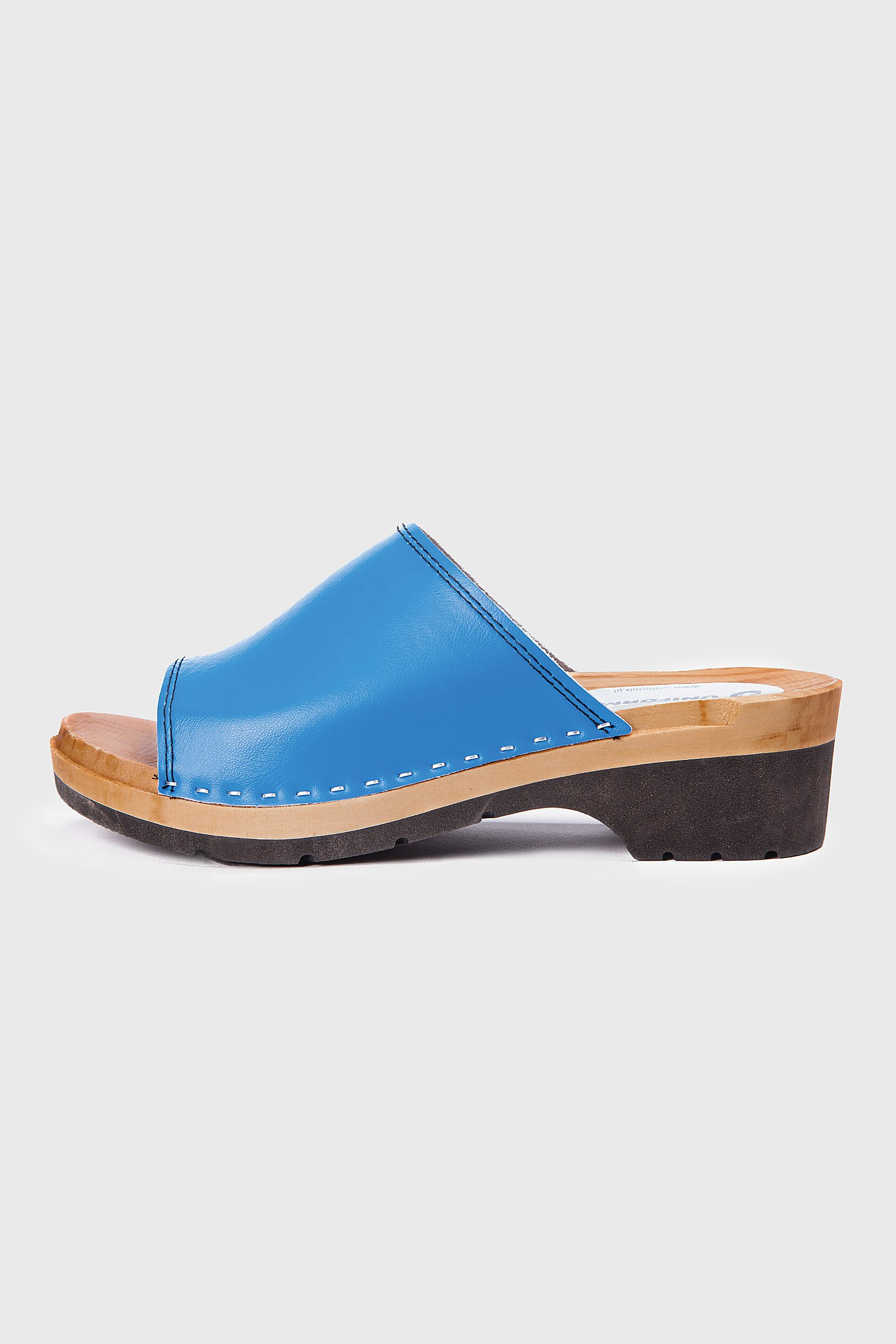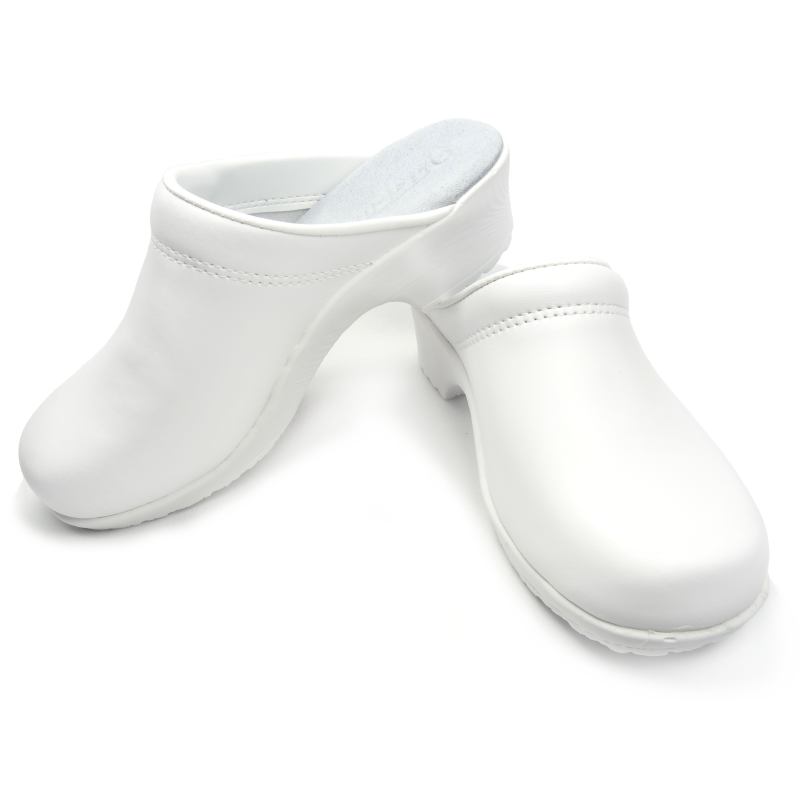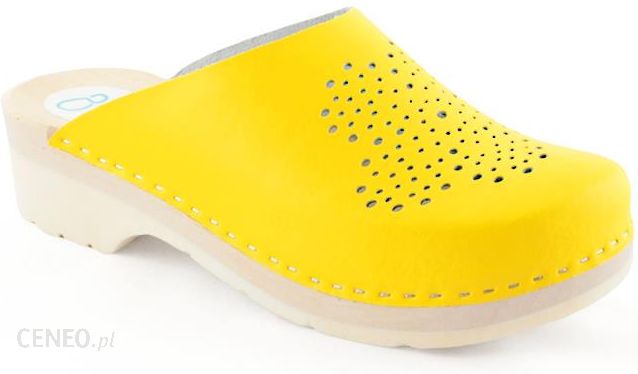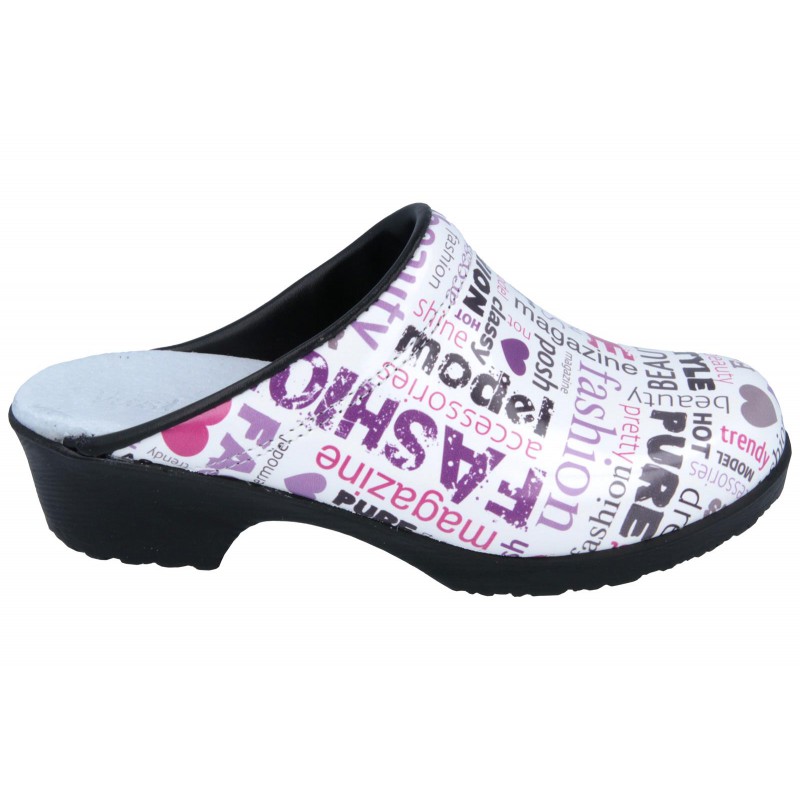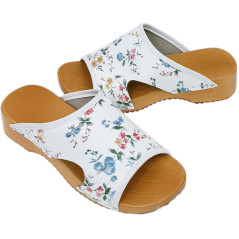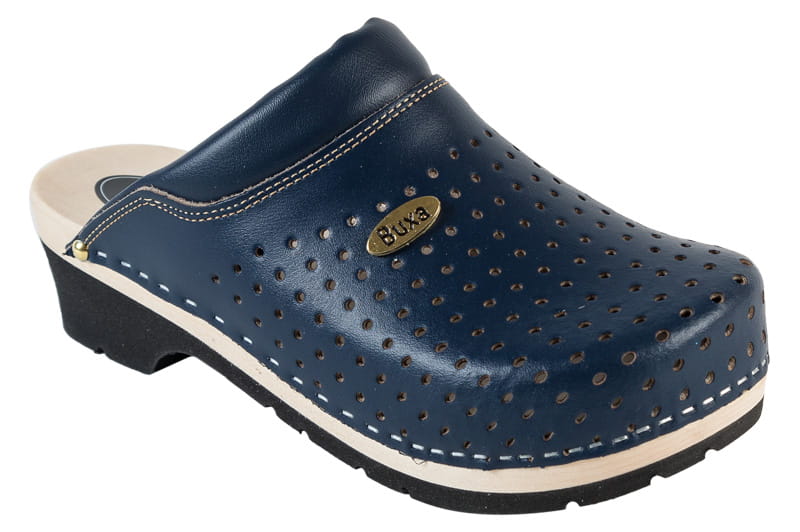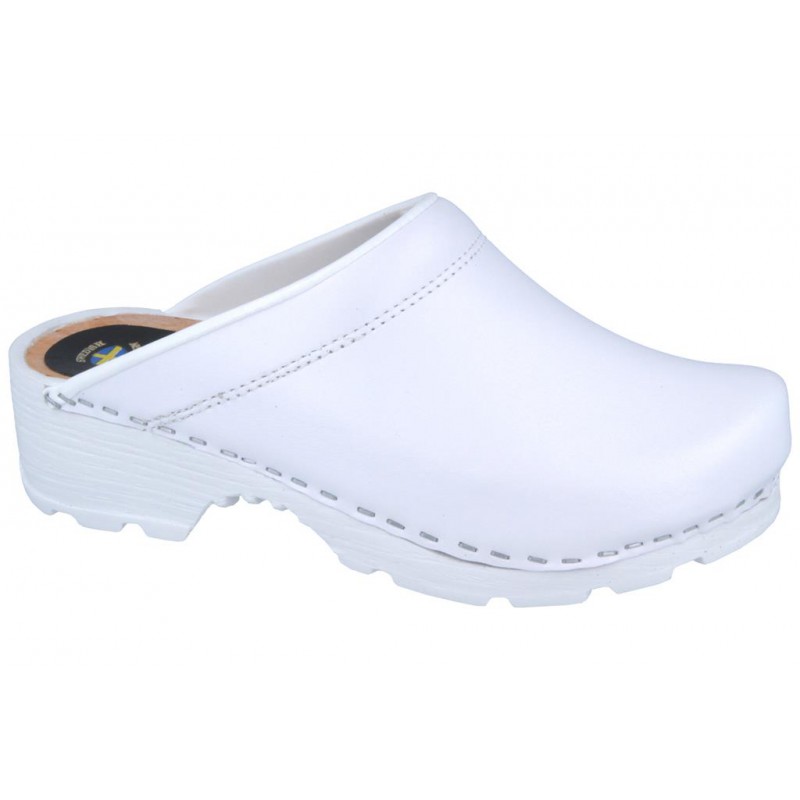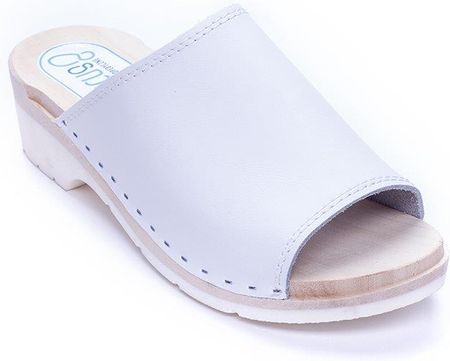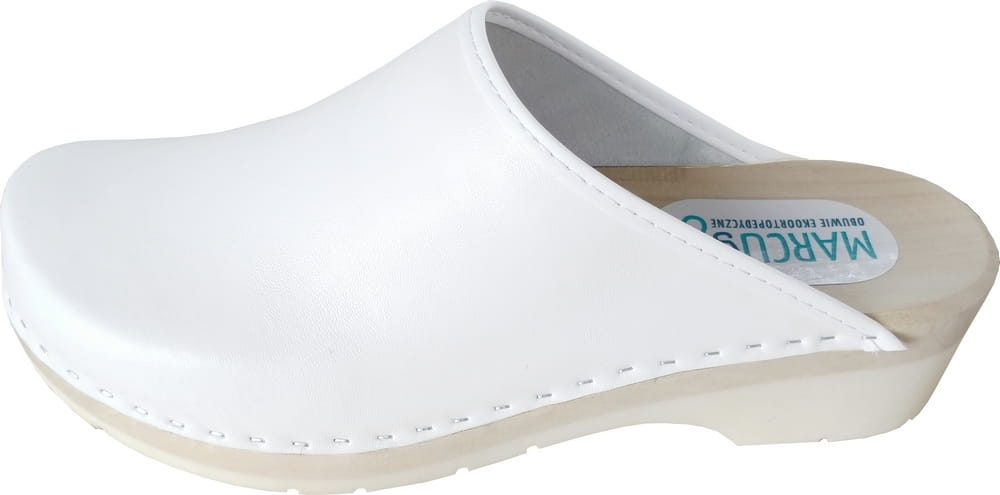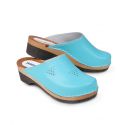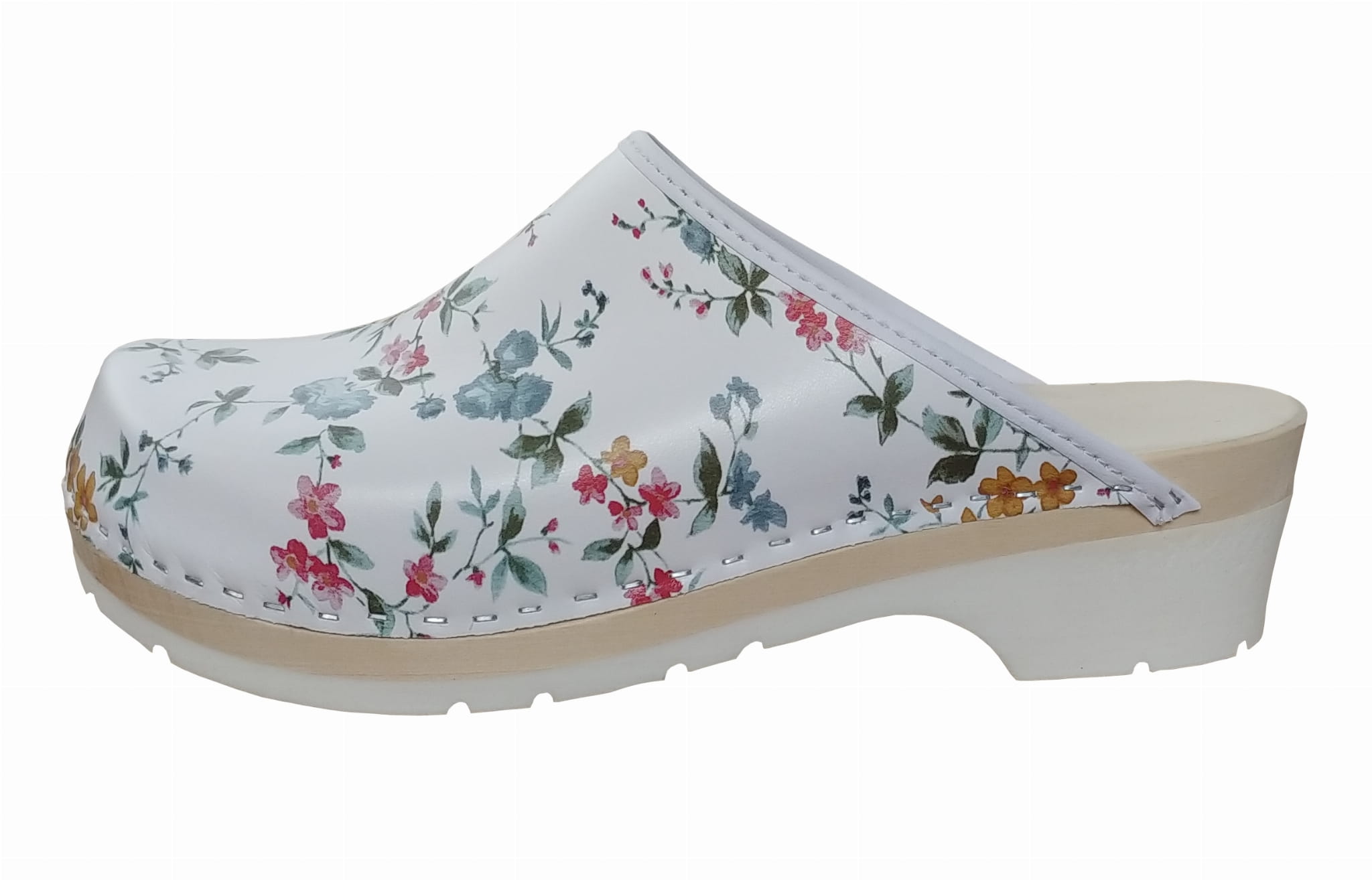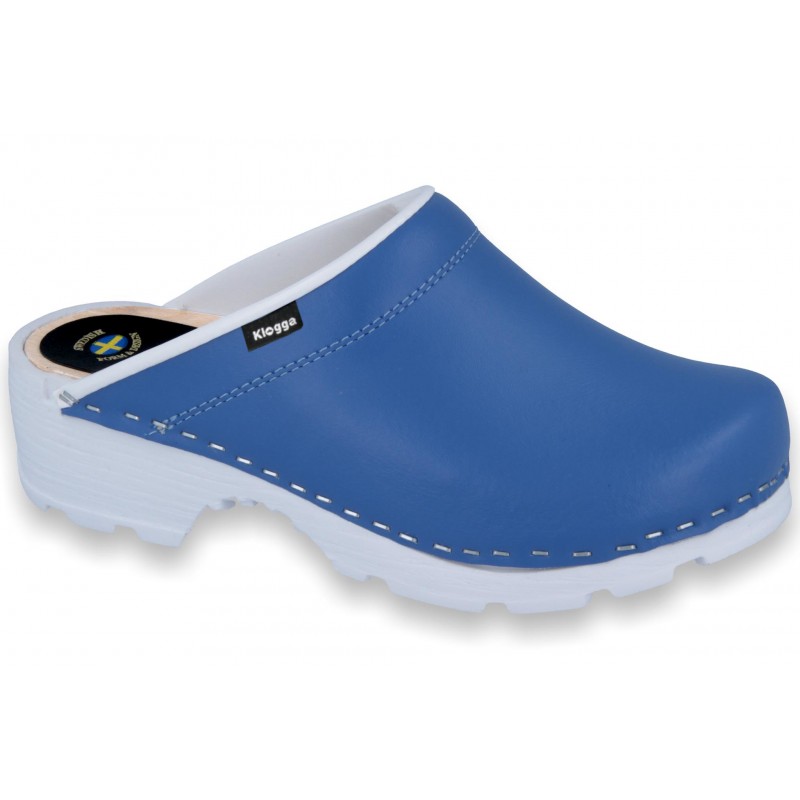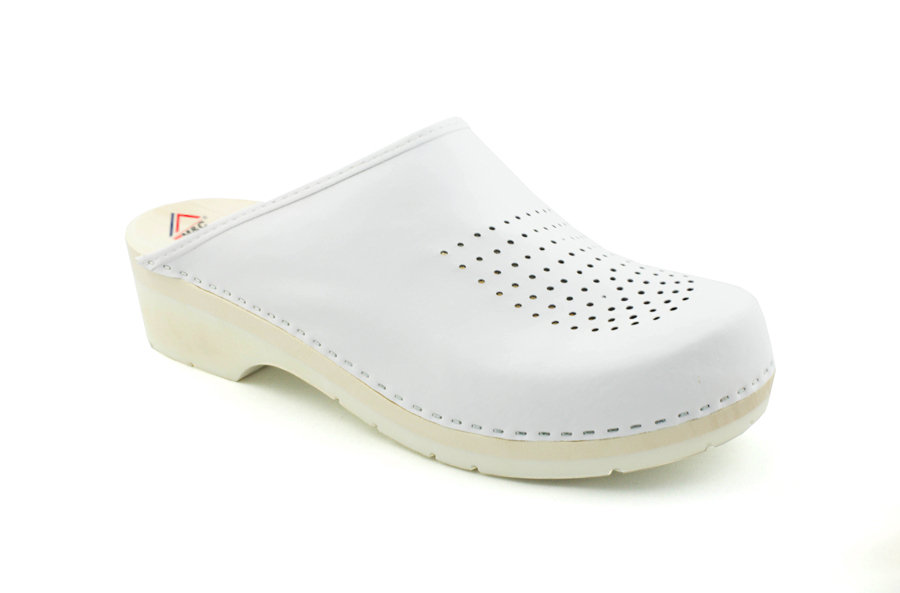
Chodaki męskie medyczne na gumie PU Odzież medyczna i gastronomiczna - sklep ModernBhpOdzież medyczna | odzież gastronomiczna | odzież kosmetyczna - sklep
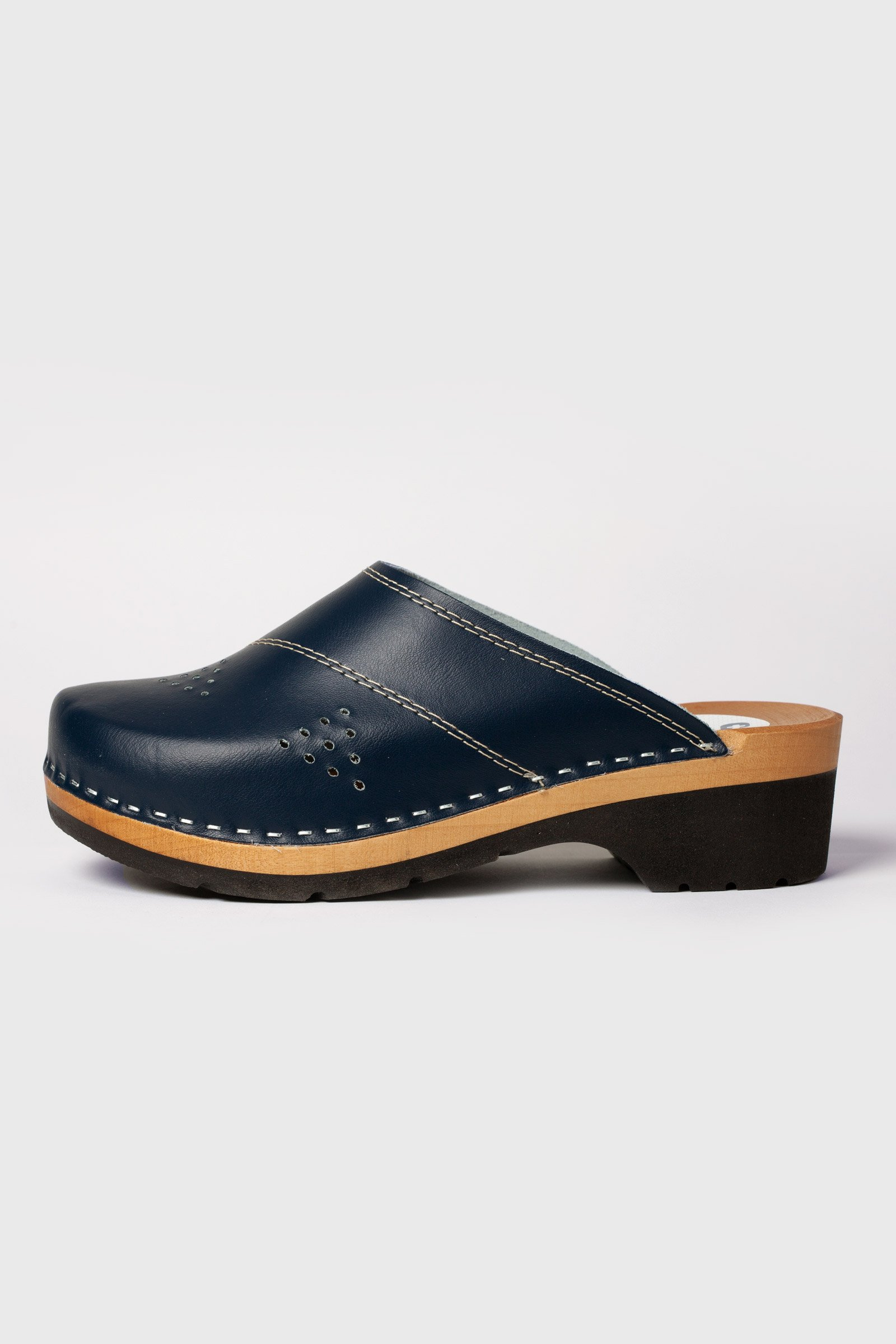
Chodaki medyczne Uniformix UN9018, granatowe granatowy / Obuwie medyczne / Sklep internetowy Uniformix.pl

Drewniaki Chodaki 110P EVA z dużą perforacją SANTANA - sklep z obuwiem zdrowotnym, medycznym, profilaktycznym do pracy

chodaki damskie na gumie PU, wys. 4.5, skóra wrzosowe - Chodaki guma 4.5cm (DAM-34) - polskiechodaki.pl
